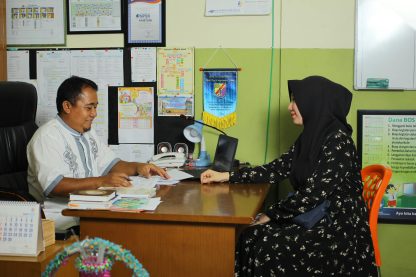Table of Contents
Understanding Infant Care
When it comes to babysitting infants, it’s important for babysitters to be aware of their unique needs and abilities. Infants require a lot of attention and care, including feeding, changing diapers, and ensuring they are safe and comfortable at all times. Babysitters should be familiar with safe sleep practices for infants, such as placing them on their backs to sleep and keeping the crib free of pillows and blankets. Additionally, babysitters should know how to properly handle and support an infant’s head and neck, as well as how to soothe a crying baby.
On-Demand Childcare in Your Neighborhood
Book a Sitter
Engaging with Toddlers and Preschoolers
Toddlers and preschoolers are active and curious, making babysitting this age group both challenging and rewarding. Babysitters should be prepared to engage in activities that are age-appropriate and help keep the children entertained and occupied. This can include reading books, playing games, doing crafts, and spending time outdoors. Babysitters should also be familiar with basic behavioral techniques for managing tantrums and other challenging behaviors that may arise in this age group.
Managing School-Aged Children
School-aged children have more independence and are able to communicate their needs more clearly than younger children. Babysitters should be prepared to help with homework, prepare simple meals, and provide structure and routine for school-aged children. It’s important for babysitters to be familiar with the school’s policies and procedures for pick-up and drop-off, as well as any allergies or medical conditions the child may have.

Dealing with Preteens and Teenagers
Preteens and teenagers have their own unique set of needs and challenges, and babysitters should be prepared to interact with this age group in a respectful and age-appropriate manner. Babysitters should be willing to listen and engage in conversation with preteens and teenagers, while also setting boundaries and enforcing rules as needed.
It’s important for babysitters to be aware of any social media or technology rules that the parents have in place, as well as any curfews or other expectations for the child.
Safety Precautions for Babysitters
Safety should always be a top priority for babysitters, regardless of the age of the children they are watching. Babysitters should be prepared to handle emergencies, such as allergic reactions, injuries, or fires, and should know how to contact emergency services if needed. Babysitters should also be familiar with basic first aid techniques, such as CPR and how to treat minor cuts and bruises. Additionally, babysitters should be aware of the importance of childproofing the home and ensuring that children are always supervised and safe.
In conclusion, babysitters play a crucial role in providing care and support for children of all ages. By understanding age-appropriate guidelines and being prepared to meet the unique needs of each age group, babysitters can ensure a positive and safe experience for both themselves and the children they are watching. Remember, communication with parents and children, as well as a willingness to adapt and learn, are key components of successful babysitting.










